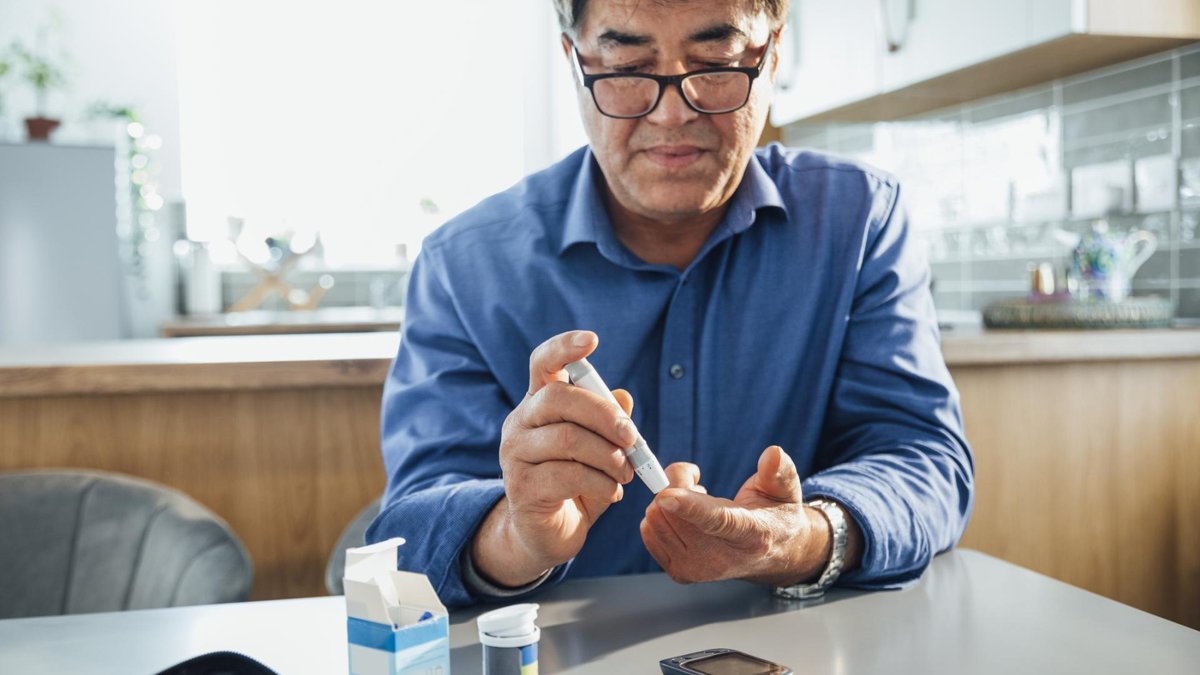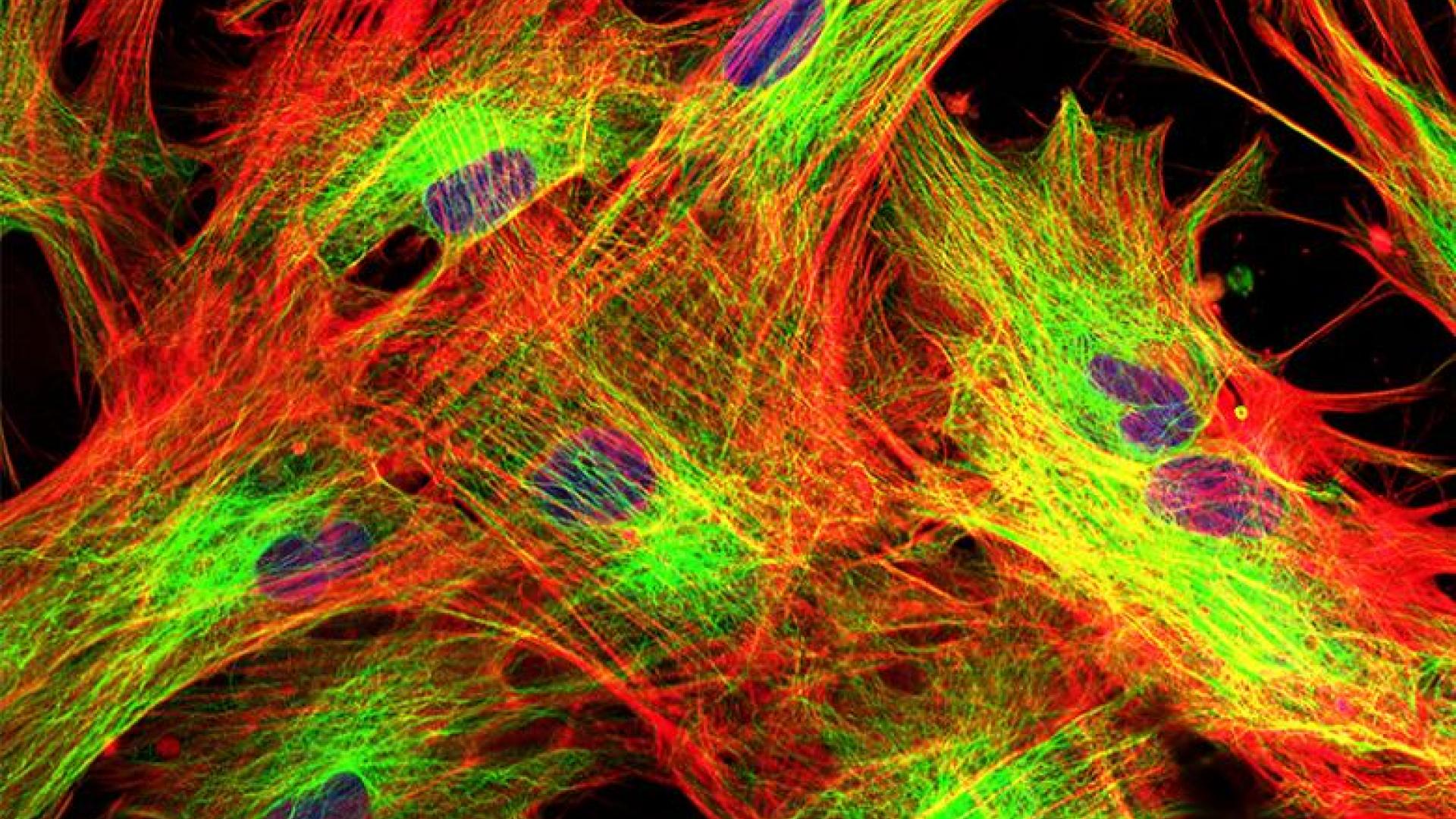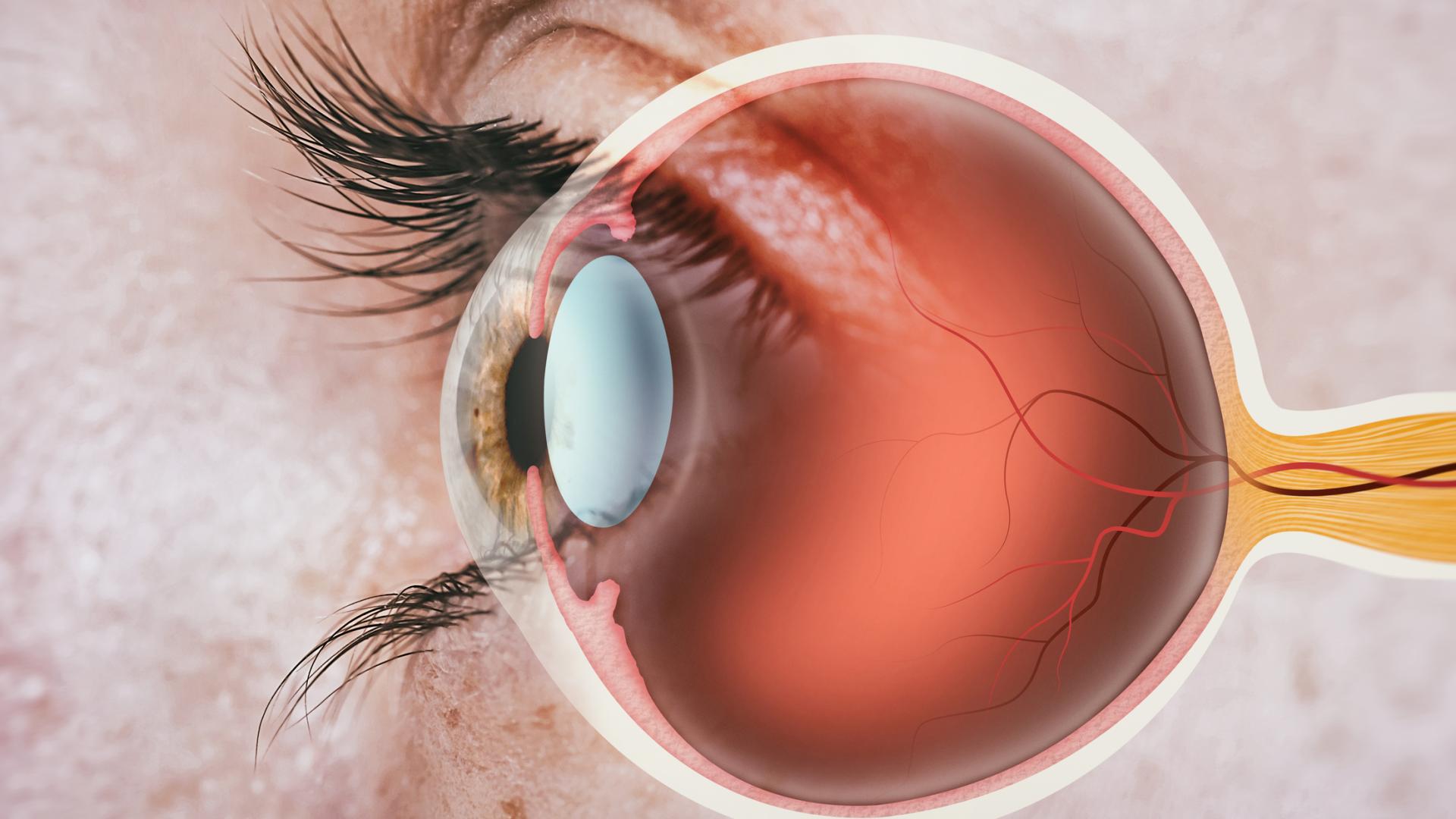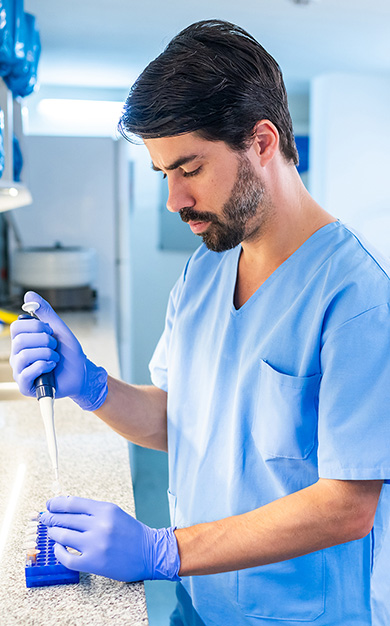
People with diabetes are at risk for several types of glaucoma. This article provides helpful information on prevention strategies and treatment options.
Primary Open-Angle Glaucoma
Type 2 diabetes is a risk factor for primary open-angle glaucoma. This has been demonstrated by large epidemiologic studies including the Los Angeles Latino Eye Study and the Blue Mountains eye study in Australia.
If you have type 2 diabetes, you should have been referred to an ophthalmologist at the time of diagnosis to look for signs of diabetic retinopathy, a disease in which high blood sugar damages the retina’s blood vessels. A diabetic patient should also have a yearly dilated exam so that any signs of glaucoma can also be identified.
In diabetic patients who have primary open-angle glaucoma, the glaucoma is treated the same way as for non-diabetic patients with open-angle glaucoma by lowering the eye pressure with medications, laser, and surgery if needed.
Neovascular Glaucoma
Neovascular glaucoma is another type of glaucoma for which diabetic patients are at higher risk. In this type of glaucoma, patients usually have a severe form of diabetic retinopathy, in which new vessels exhibit abnormal growth. These new vessels grow on the iris and over the drainage angle, causing scar formation and a form of angle-closure glaucoma.
The treatment plan includes treating the diabetic retinopathy, typically by a laser applied to the retina and injections of medications. Both treatments are intended to stop these abnormal new vessels from growing. However, even if these vessels “regress,” the drainage angle may be so compromised that the eye pressure is uncontrolled even with eye drops. Unfortunately laser treatments such as SLT cannot be performed in these closed angles, so patients will sometimes require surgery to manage the neovascular glaucoma. Most ophthalmologists will choose to implant a glaucoma drainage device for immediate eye pressure control.
Steroid-Induced Glaucoma
The third type of glaucoma often associated with diabetes is steroid-induced glaucoma. This is a secondary open-angle glaucoma that is caused by steroid eye drops or injections.
Patients with diabetes can develop “diabetic macular edema,” which is when blood sugars damage the vessels in the retina, causing them to leak fluid. Fluid collects in the retina, which can cause vision loss. Treatments include laser applied to the retina, injections of medications intended to stop abnormal growth of blood vessels, and injections of steroids. This last category can cause steroid-induced glaucoma requiring eye drops, laser to the drainage system, or surgery such as a glaucoma drainage device to lower the eye pressure. Your ophthalmologist will discuss with you your various options, but sometimes it is difficult to balance a treatment that can improve your macular edema and vision (steroids) with the unwanted side effects (high eye pressure).
Prevention is Key
Just as it is important to control your blood sugars, blood pressure, and cholesterol for your overall health, it is important to control these factors for the health of your eyes. In addition to checking your blood sugars with a home monitoring device using a fingerstick, your primary care doctor will also have your blood drawn to check your hemoglobin A1c. This number is important because it gives a sense of how good your blood sugar control has been for the last 2-3 months. The lower the number, the better your diabetes control. Your ophthalmologist may ask you about your blood sugar control, and this is a useful number to report. If you have diabetes, talk to your doctors about strategies to improve blood sugar control, and continue your checkups even when you feel well and are seeing well. Caught early, the complications associated with diabetes can be more easily addressed.
About BrightFocus Foundation
BrightFocus Foundation is a premier global nonprofit funder of research to defeat Alzheimer’s, macular degeneration, and glaucoma. Since its inception more than 50 years ago, BrightFocus and its flagship research programs—Alzheimer’s Disease Research, Macular Degeneration Research, and National Glaucoma Research—has awarded more than $300 million in research grants to scientists around the world, catalyzing thousands of scientific breakthroughs, life-enhancing treatments, and diagnostic tools. We also share the latest research findings, expert information, and resources to empower the millions impacted by these devastating diseases. Learn more at brightfocus.org.
Disclaimer: The information provided here is a public service of BrightFocus Foundation and is not intended to constitute medical advice. Please consult your physician for personalized medical, dietary, and/or exercise advice. Any medications or supplements should only be taken under medical supervision. BrightFocus Foundation does not endorse any medical products or therapies.
- Eye Health
- Risk Factors









